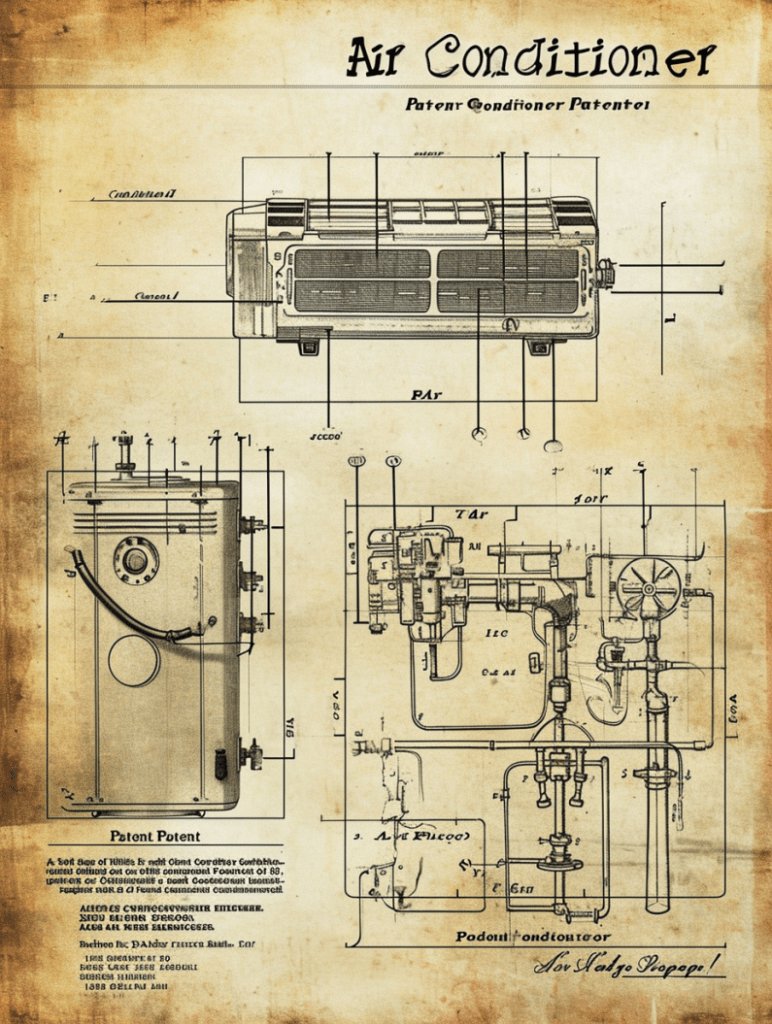On This Day, January 2, 1906, Willis Carrier, an American engineer, received a U.S. patent for the world’s first air conditioner, marking a groundbreaking moment in modern technology. Carrier’s invention fundamentally changed how people live and work, offering a means to control indoor climates for comfort and industrial purposes.
Carrier’s air conditioner was originally designed to control humidity and temperature for a printing plant in Brooklyn, New York. The goal was to stabilize the air moisture levels to prevent paper from warping and ink from misaligning. His system did this by passing air over coils chilled with cold water, simultaneously cooling and removing moisture from the air.
This patent laid the foundation for the modern air conditioning industry, transforming not just industrial processes but also significantly impacting everyday life. The widespread adoption of air conditioning facilitated the growth of businesses in hotter climates, improved the quality of life in homes and workplaces, and even influenced architectural design. Carrier’s invention is a testament to human ingenuity and its ability to adapt and improve living conditions.
